Intro
Unlock a rewarding career in medical lab technology! Discover the roles, responsibilities, and growth opportunities of medical lab technician jobs. Learn about the education, skills, and certifications required to succeed in this field, and explore the various specializations and workplaces that await. Start your path to a fulfilling career in medical lab technology today!
Medical lab technicians play a vital role in the healthcare industry, working behind the scenes to analyze samples and provide crucial information to medical professionals. As the demand for healthcare services continues to rise, the need for skilled medical lab technicians is also increasing. In this article, we will explore the career overview and opportunities available to medical lab technicians.
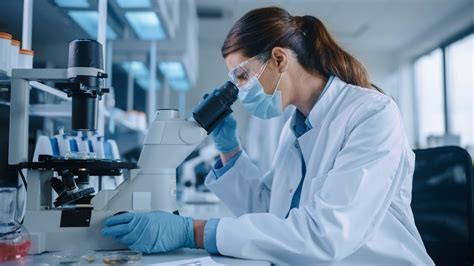
The role of a medical lab technician is to conduct tests and analyze samples to help diagnose and treat diseases. They work in laboratories, hospitals, and clinics, using specialized equipment and techniques to examine samples and provide accurate results. Medical lab technicians may specialize in specific areas, such as microbiology, hematology, or immunology.
Key Responsibilities of Medical Lab Technicians
Medical lab technicians are responsible for a range of tasks, including:
- Collecting and preparing samples for testing
- Conducting tests and analyzing results
- Maintaining laboratory equipment and supplies
- Following safety protocols to prevent contamination and infection
- Communicating results to medical professionals
- Staying up-to-date with new technologies and techniques
Education and Training Requirements
To become a medical lab technician, you typically need to complete an associate's degree program in medical laboratory technology or a related field. These programs usually take two years to complete and include coursework in subjects such as chemistry, biology, and laboratory procedures. Many programs also include clinical training, where students gain hands-on experience in a laboratory setting.
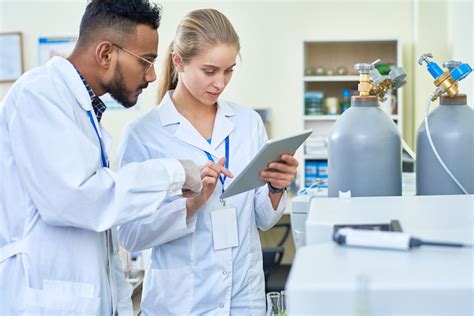
In addition to formal education, medical lab technicians may also obtain certification through organizations such as the American Society for Clinical Pathology (ASCP) or the American Association of Bioanalysts (AAB). Certification demonstrates expertise and commitment to the profession and may be preferred by employers.
Career Opportunities for Medical Lab Technicians
Medical lab technicians have a range of career opportunities available to them. Some of the most common career paths include:
- Clinical Laboratory Technician: Working in a hospital or clinical laboratory, conducting tests and analyzing results to help diagnose and treat diseases.
- Research Laboratory Technician: Working in a research laboratory, conducting tests and analyzing results to help develop new treatments and medications.
- Public Health Laboratory Technician: Working in a public health laboratory, conducting tests and analyzing results to help track and prevent disease outbreaks.
- Medical Sales Representative: Working for a medical equipment or supply company, selling products and providing technical support to medical professionals.
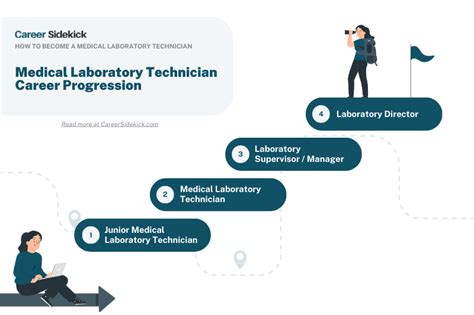
Salary and Job Outlook
The salary for medical lab technicians varies depending on factors such as location, experience, and employer. According to the Bureau of Labor Statistics (BLS), the median annual salary for medical lab technicians was $52,610 in May 2020. The BLS also predicts that employment of medical lab technicians will grow 11% from 2020 to 2030, faster than the average for all occupations.
Skills and Qualities Required for Medical Lab Technicians
To be successful as a medical lab technician, you will need to possess certain skills and qualities, including:
- Attention to detail: Medical lab technicians must be precise and accurate in their work, as small mistakes can have significant consequences.
- Analytical skills: Medical lab technicians must be able to analyze results and make informed decisions.
- Communication skills: Medical lab technicians must be able to communicate effectively with medical professionals and other laboratory staff.
- Organizational skills: Medical lab technicians must be able to prioritize tasks and manage their time effectively.
- Physical stamina: Medical lab technicians may be required to stand for long periods and lift heavy equipment.
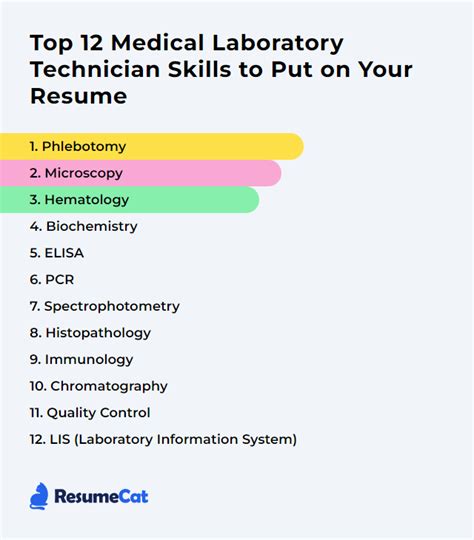
Specializations and Certifications
Medical lab technicians may specialize in specific areas, such as microbiology, hematology, or immunology. They may also obtain certifications through organizations such as the ASCP or AAB. Some common specializations and certifications include:
- Medical Laboratory Technician (MLT): Certified by the ASCP, this certification demonstrates expertise in general laboratory procedures.
- Medical Technologist (MT): Certified by the ASCP, this certification demonstrates expertise in specialized laboratory procedures.
- Histotechnician (HT): Certified by the ASCP, this certification demonstrates expertise in histology and cytology.
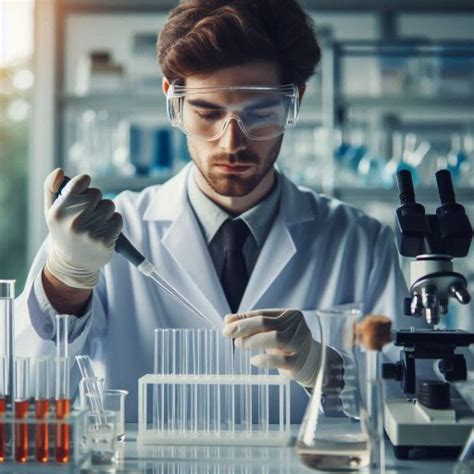
Conclusion
Medical lab technicians play a vital role in the healthcare industry, working behind the scenes to analyze samples and provide crucial information to medical professionals. With a range of career opportunities available, medical lab technicians can work in clinical, research, or public health laboratories, or pursue careers in medical sales or education. To be successful, medical lab technicians must possess certain skills and qualities, including attention to detail, analytical skills, and communication skills.
What do you think about the career opportunities available to medical lab technicians? Share your thoughts in the comments below!
What is the average salary for a medical lab technician?
+The median annual salary for medical lab technicians was $52,610 in May 2020, according to the Bureau of Labor Statistics (BLS).
What is the job outlook for medical lab technicians?
+Employment of medical lab technicians is predicted to grow 11% from 2020 to 2030, faster than the average for all occupations, according to the BLS.
What skills and qualities are required for medical lab technicians?
+Medical lab technicians must possess attention to detail, analytical skills, communication skills, organizational skills, and physical stamina.
